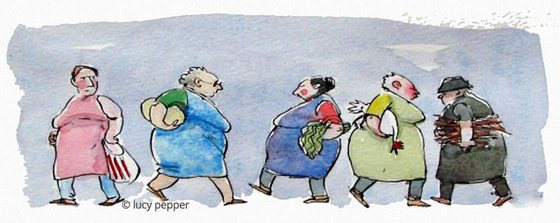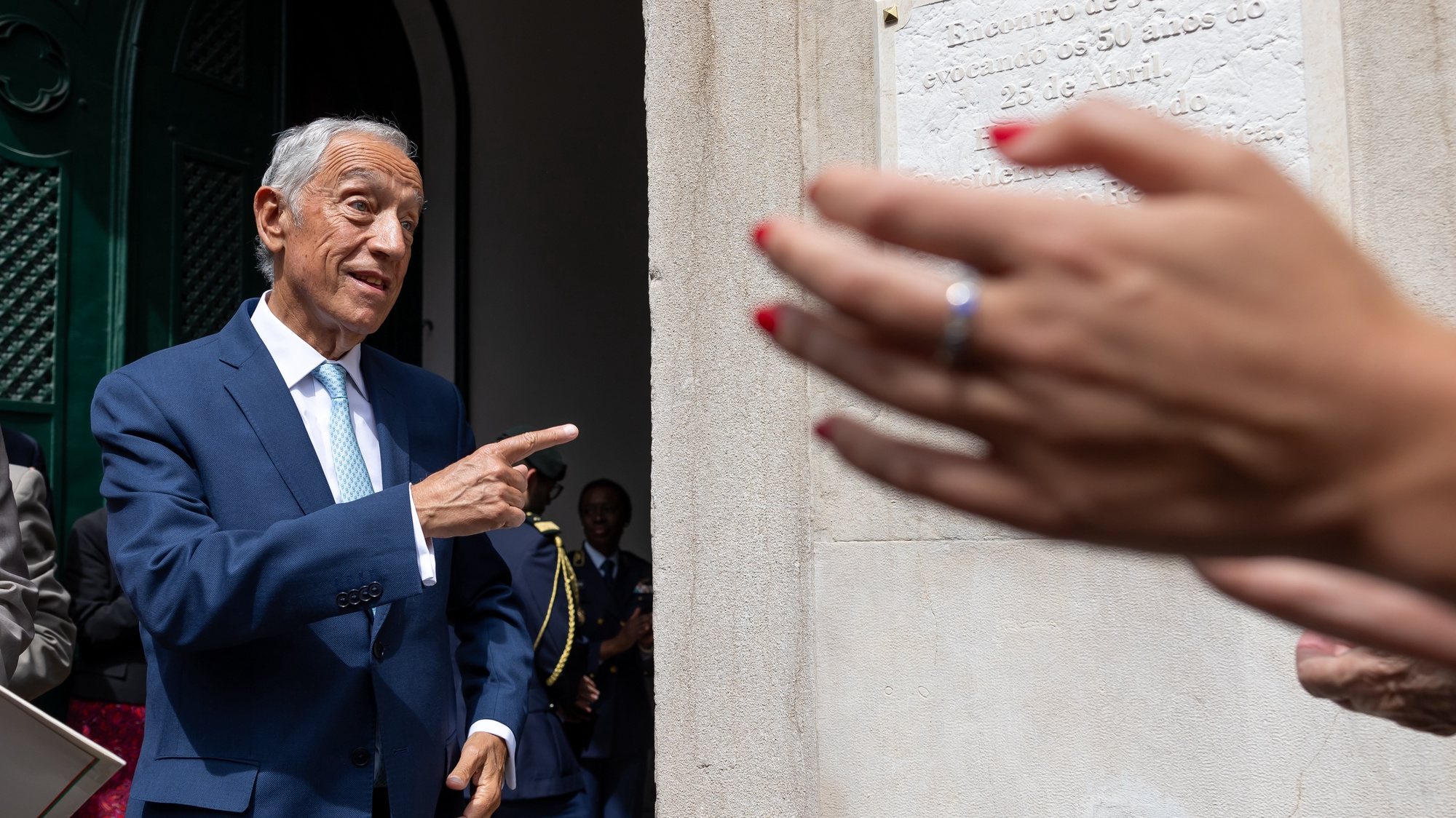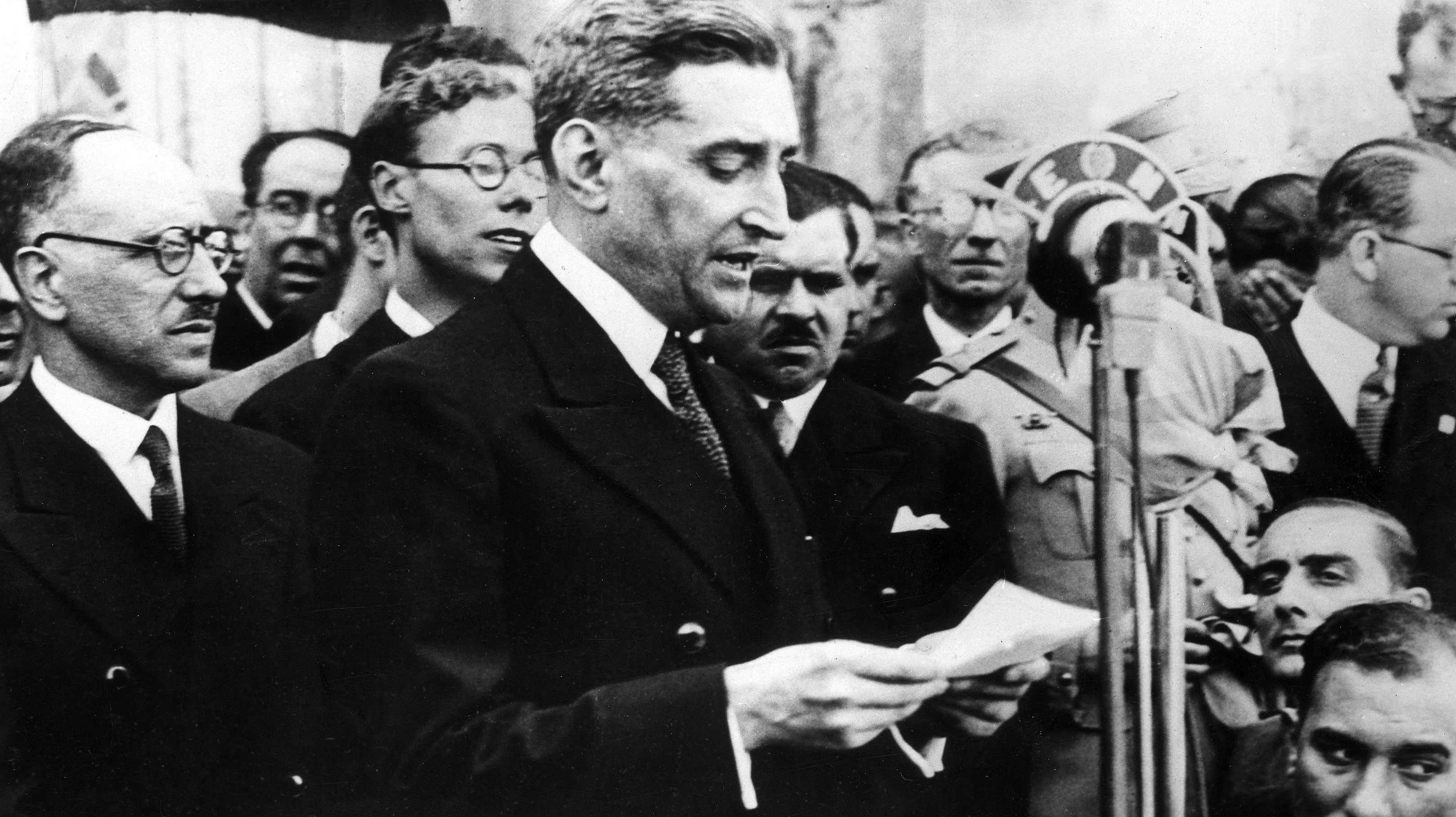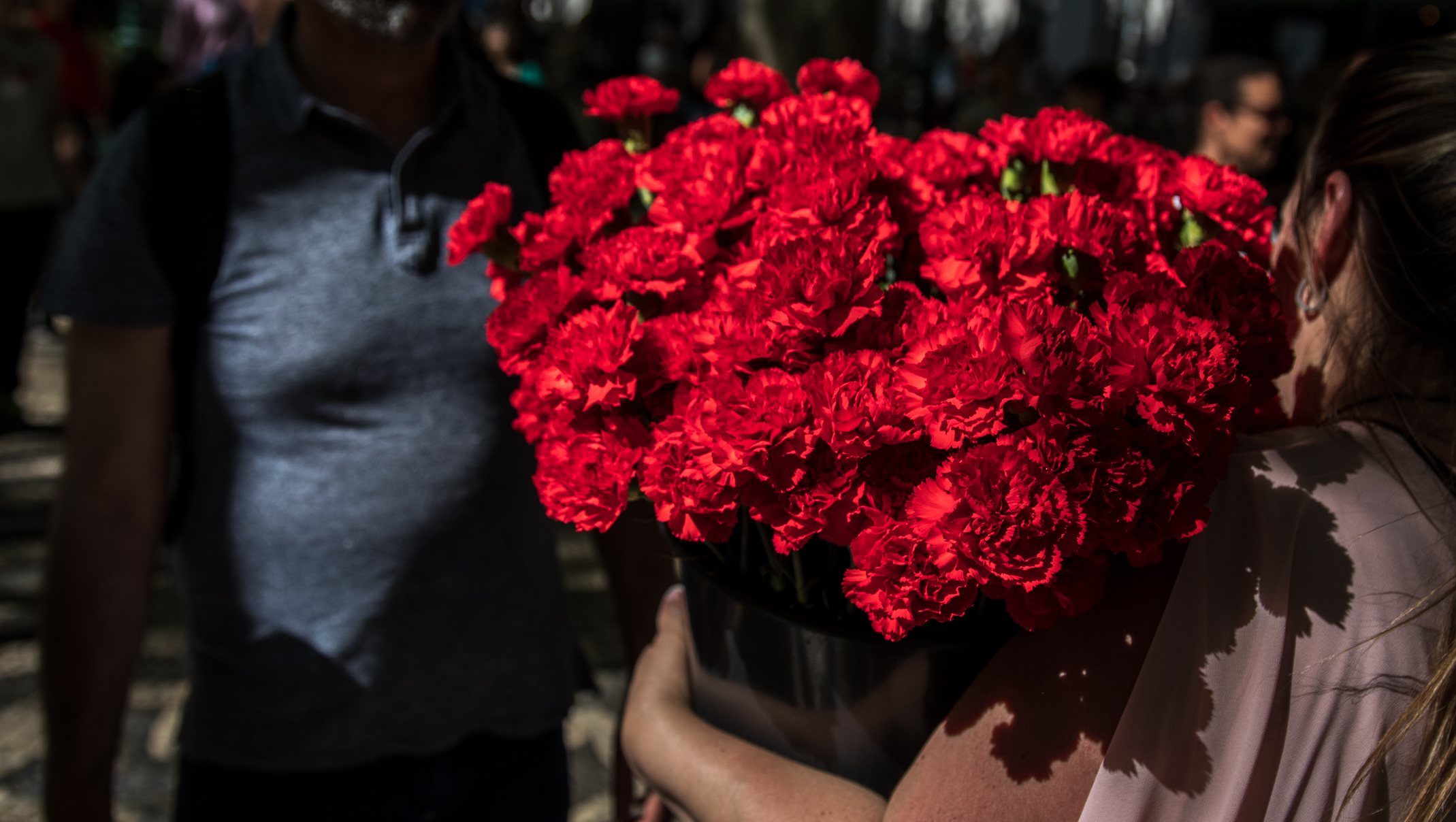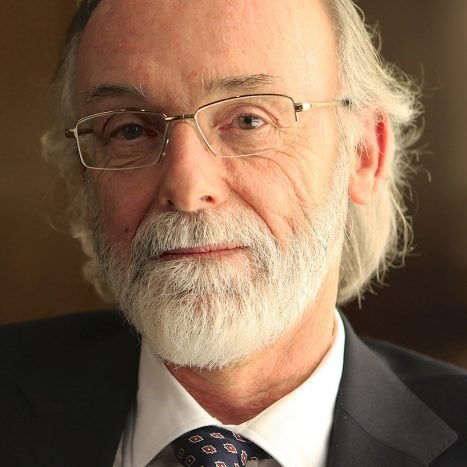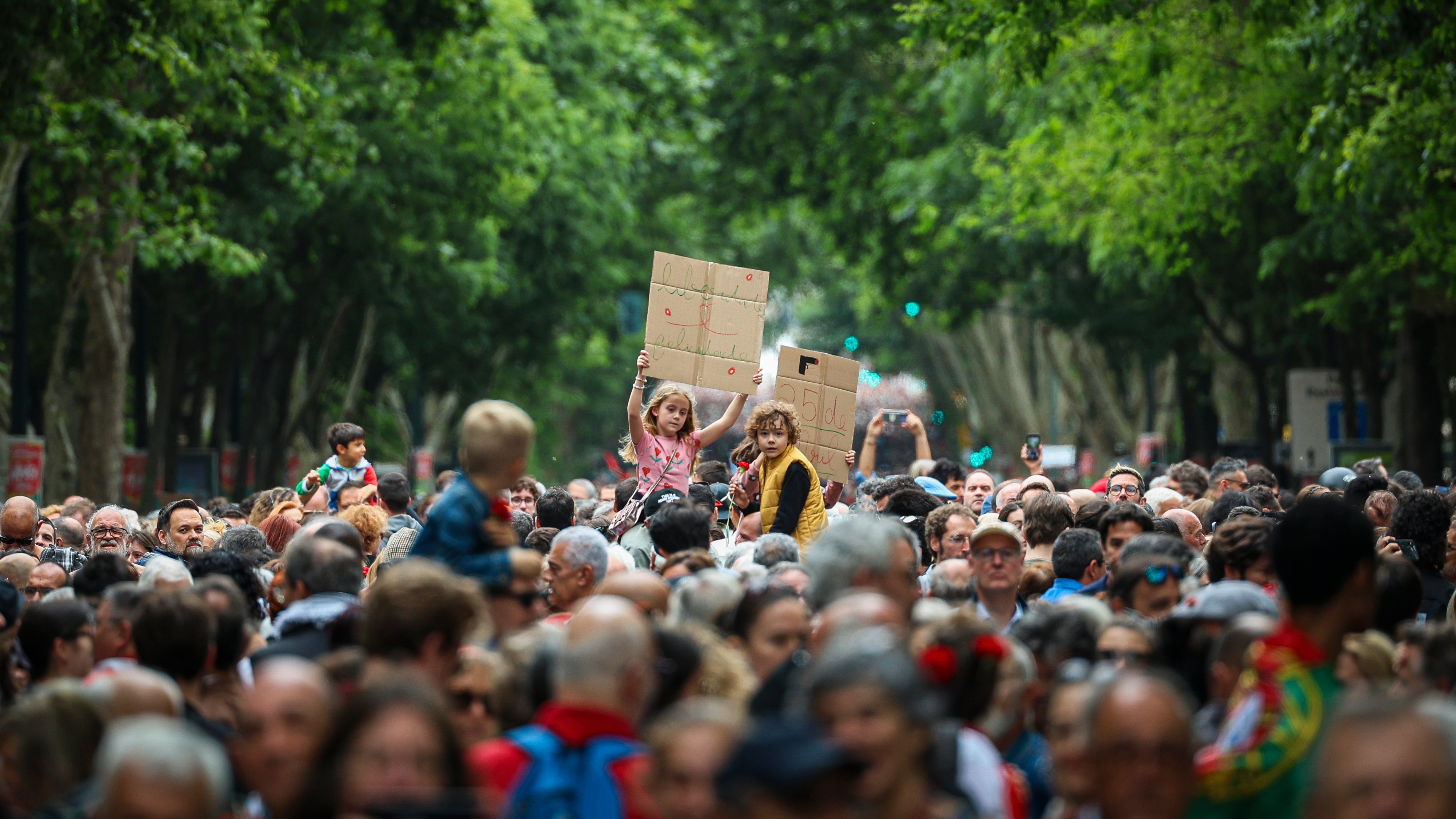Vivi durante 15 anos numa pequena vila, metade paraíso rural e metade subúrbio em expansão.
Há 15 anos, a vila era muito mais pequena. Nessa altura, já se transformara num dormitório suburbano de Lisboa, de Almada e de Setúbal, mas ainda parecia uma pequena povoação de província, com as suas muitas velhotas, todas de bata, ocupadas com os netos, a coxear nos pavimentos mal conservados, com saquinhos de compras ou uma galinha morta, ou encostadas ao portão, em frente da casa. Os velhotes da vila ficavam nos cruzamentos a ver o mundo a passar ou falavam de futebol aos balcões dos inúmeros cafés, enquanto os mais jovens estavam ausentes nos empregos. Cães aleatórios deambulavam pela ruas durante o dia, voltando para casa à noite. Grande carrões conduzidos por pessoas com grandes penteados saíam dos seus grandes portões, pessoas nunca vistas a andar a pé, porque tinham os seus grandes carrões e compras importantes para fazer num outro sítio.
Agora, a vila tem o dobro do tamanho, as suas ruas estão cheias com o dobro dos carros, e há menos velhotas de bata. A população cresceu, há mais stands de automóveis ao longo da estrada, mais sinais de néon nas lojas. Foram construídas centenas de casas, muitos dos quais nunca serão habitadas, enquanto novas urbanizações estão a ser planeadas e as rotundas parecem uma mania. Em certos sítios, porém, a vila ainda é vila, uma aldeia portuguesa, cheia de vida e de drama, com um senhor que vende peixe na sua carrinha. Os ricos, os pobres e toda a gente que fica entre uns e outros na escala social vivem na minha vila-aldeia, um microcosmo perfeito para entender a vida portuguesa.
Há 15 dias, mudámo-nos para um bairro histórico de Lisboa.
A ideia de viver outra vez numa grande cidade deixou-me preocupada. Há quinze anos, saí de Londres para ir morar numa vila de província portuguesa, e foi um alívio deixar a cidade.
Vejo, porém, que a preocupação era desnecessária. Agora, vivo numa outra aldeia.
Claro que esta tem imensos bares e restaurantes, milhares de turistas e mais “hipsters” do que o mundo inteiro. Há mais jovens carecas com barba gigante e sem alegria a andar por estas ruas do que devia ser possível, e ontem à noite vi o Marcel Marceau, “sans” maquilhagem branca e com bigodes encerados, bóina, ar de nunca sorrir, mesmo nos dias em que consegue deixar o bigode perfeitamente encerado. Mas é uma aldeia, que acontece ficar em pleno centro de Lisboa, com as suas muitas velhotas de bata, ocupadas com os netos, a coxear nas ruas de calçadas desfeitas, a conversar nas inumeráveis mercearias, ou encostadas nas suas varandas, a ver o mundo a passar.
Há velhotes nos cruzamentos e nos cafés a falar de futebol, e cães aleatórios que conhecem o caminho de casa. Entre os bares, existem lojas de quinquilharia, cabeleireiros e estaminés que vendem só batas e panos. Há bosta de cão no pavimento que é preciso evitar, e táxis a passar com demasiada velocidade e que nos obrigam a saltar do caminho para nos pouparmos a uma morte prematura.
É uma aldeia, só que é uma aldeia diferente, com um horário diferente. Em vez de aprender a dormir ao som dos dez cães do meu vizinho, que todas as noites põem todos os outros cães da aldeia a ladrar, estou a aprender a dormir ao som de gangues de pessoas felizes e bêbadas, a cantar por baixo da minha janela às três da manhã. Quando preciso de chocolate, é só descer a escada e virar uma esquina, em vez de ter de ir de carro à bomba de gasolina. A música do exterior infiltra a casa, em vez do cheiro da grelha acesa dos meus vizinhos do lado. A noite passada, a música foi “swing”. Esta noite, é uma coisa espanhola. Posso ignorar as buzinas dos carros, porque o meu carro está estacionado a dez minutos daqui, e não é sinal de que o carteiro quer que vá ao portão receber o correio.
Às seis da manhã, há silêncio total depois da noite anterior. Há menos pássaros e menos árvores para eles se sentarem a dormir e a recuperar das suas ressacas, e o coro dos cães do meu vizinho está a 30 quilómetros.
Estou em casa.
(traduzido do original inglês pela autora)
A Tale of Two Villages
For the last 15 years, I have lived in a small town made up of suburban sprawl and rural idyll.
Fifteen years ago, the town was far smaller. Back then, it was already becoming a suburban dormitory for Lisbon, Almada and Setúbal, but it was still a small country town, with its many old ladies, wearing batas, tending to their grandchildren, limping about the place on the badly maintained pavements, with a bag of shopping or a dead chicken, or leaning over their front gates. The old men of the town stood at the street corners and watched the world go by or talked about football at the counter of one of the innumerable cafés, while the young went to work. Random dogs wandered the place, going out for the day and finding their way home when they were bored. Big cars driven by people with big hair drove out of their big gates, the people never seen on foot, because they had their cars and important shopping to do elsewhere.
Now, the small town has doubled in size, the streets are filled with double the cars, and the ladies in batas are farther and fewer between. The population has swelled, there are more car lots by the side of the road, more neon signs on the shops. Dozens of new houses and flats have been built, many of which will never be lived in, while new housing developments are being created and roundabouts are the new rage of the road. In pockets, though, it is still a village, a proper Portuguese village, filled with life and drama and a man in a van who sells fish. The wealthy, the poor and everyone in between lives in my village, a microcosm perfect for learning the ways of Portugal.
Two weeks ago, we moved to one of Lisbon’s “historic districts”.
I was worried that it would be difficult living in the city again. I left London to move to the village and that was a blessed relief.
I needn’t have worried. I’m living in just another village.
Of course, it’s filled with bars and restaurants, thousands of tourists and more hipsters than you can shake a stick at; there are more cheerless bald young men with enormous beards than is reasonable, and last night I saw Marcel Marceau sans makeup, avec waxed moustache, in a beret, looking splendidly for all the world like he never smiles, even on the days when he waxes his moustache perfectly; but it’s a village, bang in the middle of Lisbon, with lots of old ladies in batas tending to their grandchildren, limping up and down the broken pavement and cobbled roads, and chatting in the innumerable tiny grocery stores, and leaning over their balconies watching the world go by. There are old men hanging out at street corners and in cafés talking about football, and random dogs who know their way home. Between the bars, there are tiny hardware stores and hairdressers and shops that exclusively sell batas and tea towels. There’s dog shit on the pavement to avoid and taxis speeding along the streets to jump out of the way of.
It’s a village, just a different kind of village, with a different timetable. Instead of learning to sleep through my neighbour’s ten dogs making all the other dogs in the village bark, I am learning to sleep through a gang of happily drunk people suddenly singing outside the window at three in the morning. If I need chocolate, I can nip downstairs and round the corner instead of having to drive to the petrol station. Music drifts into the house, instead of the smell of the neighbours’ grill being lit. Last night, it was swing. Tonight, something Spanish. I can ignore the car horns, because they’re nothing to do with me; my car is parked ten minutes away, and it won’t be the postman at the gate.
At six in the morning, there is utter silence after the night before. The fewer birds in the fewer trees are sleeping off their hangovers, and the morning chorus of my neighbour’s ten dogs is 30 kilometres away.
I am home.





